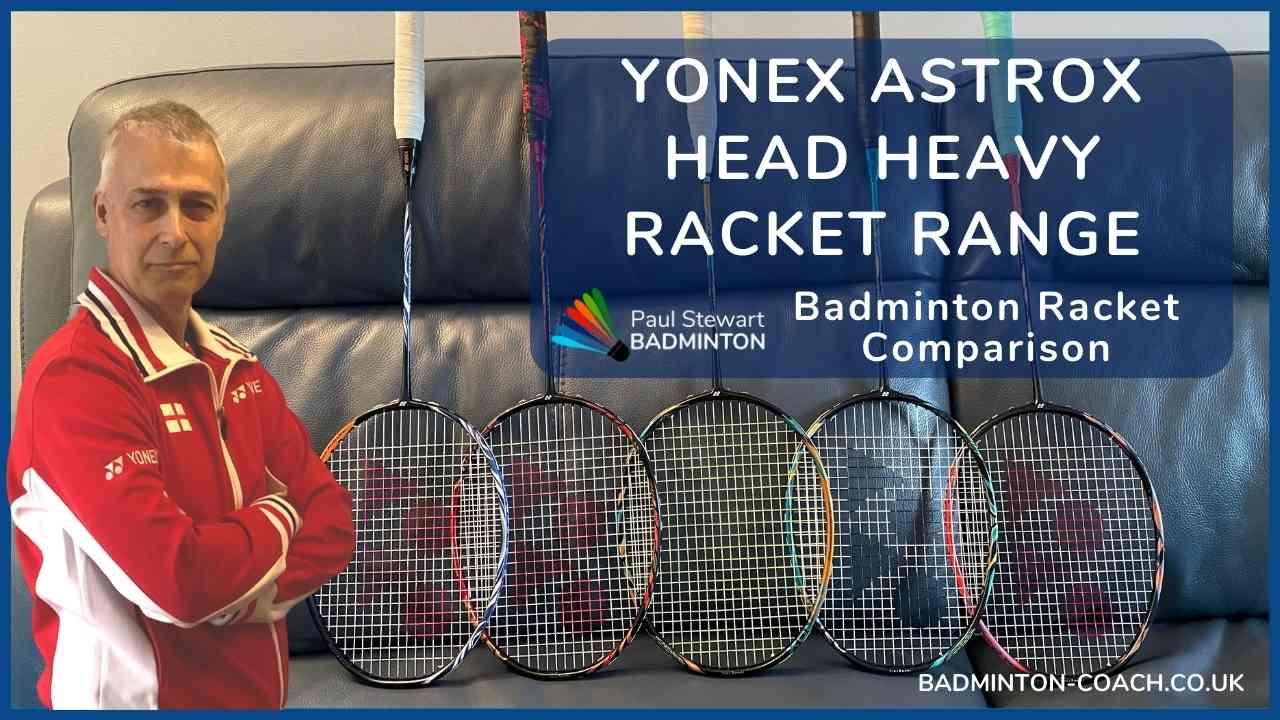As I write this article, the region I live in is forced to adopt new restrictions placed on us by the Government. This has meant I was unable to go onto court last weekend and had to cancel my lessons.
This got me thinking about being restricted, in particular, the deeper meaning for badminton players, and if you think about it, don’t we all play this game with restrictions of some kind?
Let me explain…
No matter what your current standard of play is, there are areas in your game you consider weaknesses. You already know you can improve these if and when you spend time to work on them, which will contribute to some improvement in your game.
Here’s a list of potential weaknesses…
As you can see, all of these have an impact on your game.
I see players in clubs getting frustrated, moaning about this and that.
Many of them will do NOTHING to resolve the issues that are bothering them.
They may like the attention this brings them, however, it amazes me how few players become pro-active to minimise the issues which bother them. Most don’t, and take it out on club members, especially their match- playing partner. Women appear to be great targets for a man’s frustration and yet in games of mixed doubles, it’s the male ego and ignorance that are the greater cause of defeat.
What are YOU going to do about it…?
OK, let’s be blunt for a moment. Every restriction I’ve listed above can be fixed.
BUT, if your attitude is poor, nothing will change.
A bad attitude is like having a flat tyre on your car…you’re going nowhere.
Instead, you need to take a long hard look at your game and be honest with yourself.
I said earlier the biggest problem in mixed doubles is the male ego and ignorance.
Here’s a classic scenario…
The guy is stuck in his deep backhand corner and the shuttle is high. They hit a short length backhand clear to the centre of the court. The lady remains on the T, where you tell her to be… with her racket up. Your opponent smashes the shuttle through the woman and you blame her for not keeping her racket up and returning the shuttle. This happens every week in clubs with the man generally blaming the woman for the loss of point. I rest my case and can point to many of the items listed above for the reason why…
BUT, this article isn’t about men, it covers all players. I gave you a simple example above which I’m sure will resonate with you.
Here’s what you can do…
1. Change Your Attitude
You choose your attitude in every situation presented to you. A bad attitude is like a bad smell. Nobody wants to be around a person who has a bad attitude. So lighten up!
If you believe you’re too good to complete simple exercises e.g. grip changes, then your ego is in the way. Good basics are the foundation of great badminton. An equivalent is being able to pass the ball in football. If you cannot pass, then you’re better off becoming a goalkeeper and getting out of the way. You cannot expect to win at badminton if your shots are inconsistent.
Badminton is a game won through consistency rather than hitting winners. I say this so often and yet players don’t understand. If you or your side makes fewer errors than your opponent(s), you should win, it’s that simple.
2. Be Honest
You won’t improve until you’re honest about your current capabilities or skills.
If need be, ask players around you to give you feedback after playing with you, but be prepared to take it with a smile. If you object, then you’re being irrational. Perhaps there are weak areas where you thought you were strong? The biggest areas of growth maybe where you thought you were strong so remain open-minded and write down the answers.
3. Plan
Your biggest restrictions may be down to lack of resources. The resources that hinder you most are time and money. If you have time, but not money, then you can still do a lot to improve your game.
If you can, hire a coach. If there’s a chance you can film yourself playing a game or two, give this to the coach ahead of your training. They may be willing to help you identify your key strengths and weaknesses and then form a game plan to address or improve some of these with the limited budget you may have.
You can also watch professional players on Youtube, focussing on specific areas of the game. Watching how professional players execute a shot gives you a better understanding of the technique. If you compare your version to a professional, you may even see where your technique limits your performance.
Use club nights to work on your game. It’s understandable that everyone plays games. However, you can play and remain focussed on one aspect of your game e.g. return of serve. At club night, scores don’t matter. If you’re bothered about a certain player beating you, then get your ego out of the way. If you improve, their minor victory will remain just that. Instead, imagine how you will feel when you beat them in the future as your skills improve.
Finally…
Now that you’ve discovered the many practical restrictions and you’ve an idea how to change them, there’s one point I’ve left to the last and it’s the most important…
“The game of badminton is played between your ears. You must control your thinking and emotions to give yourself the best chance of winning.”
Still struggling to get on court? Check out my ‘At Home’ Training Videos:













Leave A Comment
You must be logged in to post a comment.